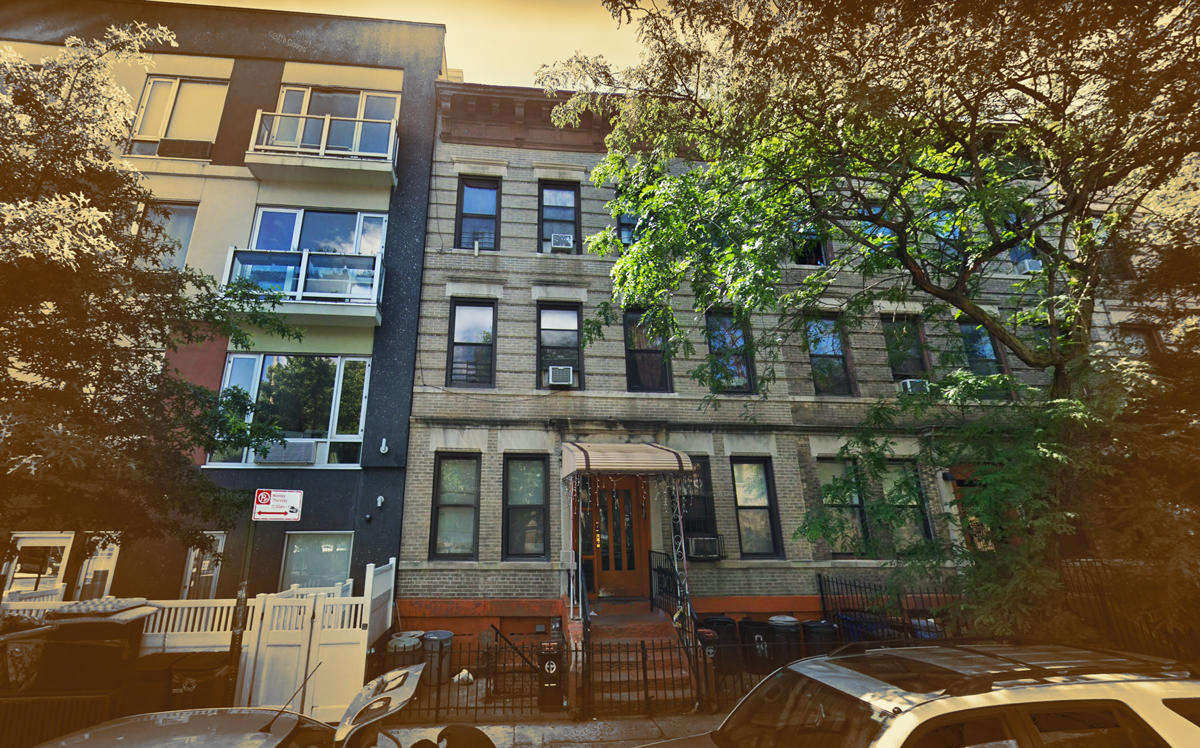Trending
More tensions are rising over the city’s multifamily-transfer program
Elected officials have already called for a halt to the program

A judge ruled that the city’s move to foreclose on a Brooklyn co-op building was “a grave injustice.” Now, the city is fighting back.
Attorneys for the city’s Department of Housing Preservation and Development are arguing that building owners are given ample time to catch up on back taxes before a foreclosure, according to The City.
One of the properties in contest is 19 Kingsland Avenue in Bushwick, where co-op owners received a a notice that Neighborhood Restore, a non-profit, would soon be managing the building. The building’s shareholders had been making payments on their $78,000 in owed taxes and fees as part of a planned agreement with the Department of Finance. State Supreme Court Judge Mark Partnow reversed HPD’s foreclosure of the property, calling it “a grave injustice” in a March 28 ruling.
The ongoing case — which involves a total of six Brooklyn properties — highlights problems with the Third Party Transfer program, created by HPD in 1996. The program allows the city to sell deeds of apartments that owe back taxes or utility bills to third party non-profit and for-profit developers who must maintain the property as affordable housing.
But some say that because of the high costs of maintaining a building, a low- to middle-income co-ops aren’t set up for success.
Partnow’s reversal comes after the DOF and Department of Environmental Protection foreclosed on 62 properties that owed on water and sewer bills, which is prompting calls from Brooklyn elected officials to put the breaks on Third Party Transfers until investigation and reforms. [The City] — Georgia Kromrei




